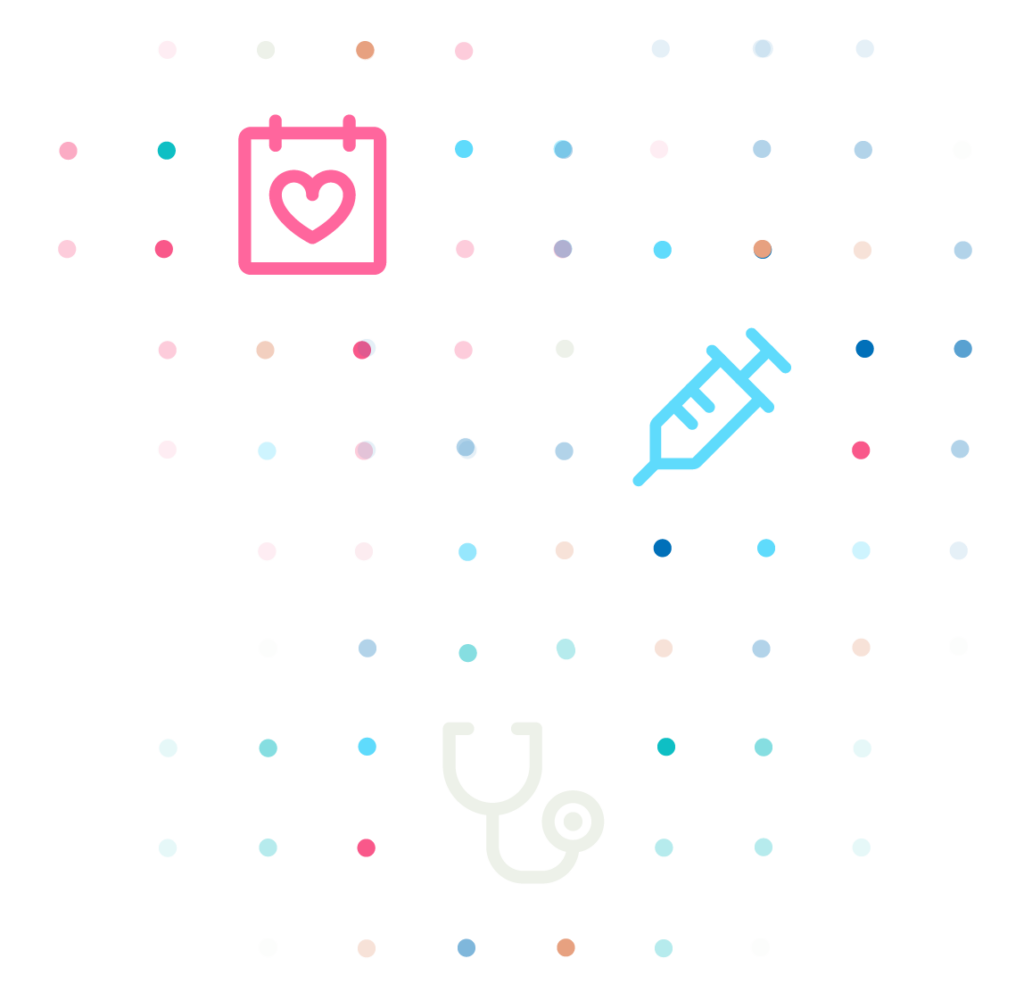Preventive Care

What is preventive care?
Preventive care includes routine services like screenings, checkups, and vaccinations that help detect health issues early – often before symptoms appear – or prevent them from developing altogether. It’s a proactive way to protect your health and well-being over time.
Your North Shore Health Guide
Find out what you or your loved ones can do to get started on your preventive care health journey.

Why get preventive care?
It can save your life. Screening tests and checkups can catch health issues early — so you can tackle them while they’re easier to treat.
It can help you stay healthy. Sometimes, preventive care — like some cancer screenings or vaccines — can stop some illnesses before they start.
It can give you peace of mind. Regular checkups give you the chance to share concerns and ask questions about your health — and to get the support you deserve.
It helps you care for others. Because sometimes, taking care of yourself is the best way to care for the ones you love.
Clinical preventative services – such as screenings and vaccinations – are essential tools that support your health at every stage of life. They help detect health issues early, when they’re easier to treat, and in some cases, prevent them from developing altogether.
Health information you can trust
The North Shore Primary Care Network is committed to providing reliable, evidence-based health information you can trust at every stage of life. Our content is thoroughly researched and grounded in credible sources, including peer-reviewed studies, expert guidance, and respected organizations such as HealthLink BC, the BC Centre for Disease Control, Immunize BC, BC Cancer, BC Practice Guidelines, and Canada’s Food Guide, among others.
Unlike websites that may spread misinformation or biased content, we prioritize accuracy, transparency, and objectivity – so you can feel confident in the information you’re reading.